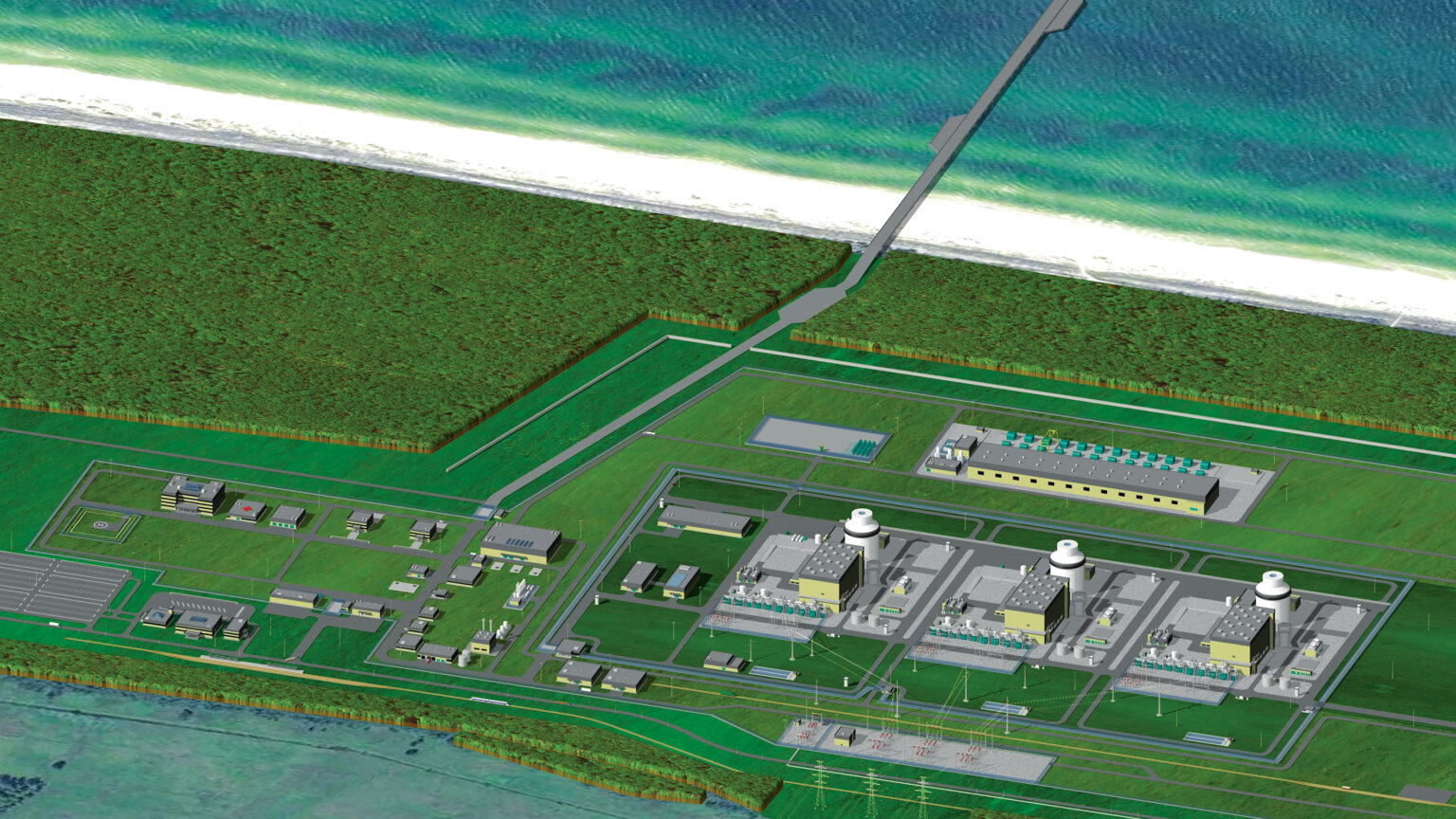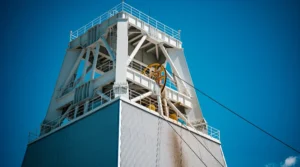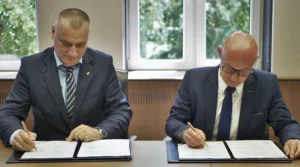What goes on in Poland on the 21st of February.
The nuclear stalemate with the United States can be broken
Poland has still not signed an agreement on a consortium with Americans who are to build the fist NPP in the country. Meanwhile, a French nuclear envoy visited Poland. The impasse can be overcome.
Bechtel and Westinghouse have still not signed an agreement on a consortium with Polish Nuclear Power Plants that would determine the specific terms of cooperation, including the Americans’ capital participation in the project to build a nuclear power plant in Pomerania using the AP1000 technology.
„We must admit that there is a possibility that for some reason there will not be a consortium, and so we need to be prepared for a tender,” said the Government Plenipotentiary for Strategic Energy Infrastructure Mateusz Berger in an interview with the Dziennik Gazeta Prawna daily.
BiznesAlert.pl has learned that this stalemate can be broken, but nevertheless Poland has to prepare plan B just in case. On February 15, the High Representative for Cooperation with Poland on Civil Nuclear Energy, Philipp Crouzet, visited Warsaw. Reportedly the Prime Minister’s office is mulling over the idea of allowing the French EDF to implement other nuclear projects. The cooperation between the Polish Energy Group, ZE PAK and the Korean KHNP is treated as a „private enterprise” that does not require assistance from the Polish Nuclear Energy Program.
Biggest companies in Poland call on the government to allow more onshore wind
Google, Mercedes, Ikea, Amazon, as well as the Metallurgical Chamber of Industry and Commerce, the Association of Cement Producers, the Polish Chamber of Automotive Industry and Cement Ożarów appealed to the Polish authorities to increase the potential of renewable energy sources in Poland, primarily onshore wind energy. They warned that otherwise the economy would be at risk of losing competitiveness.
„As companies with ambitious sustainability goals, we have been investing in renewable energy for years. Today, green energy is not just a new fashion trend – it is a necessity. In order to effectively reduce our environmental impact and remain competitive, our companies prioritize investments in those markets where green electricity is readily available. We see a huge potential for growing our activities in Central and Eastern Europe, and Poland is a particularly interesting market for us. Together, we would like to have a real impact on strengthening Poland’s position as a key market for our future investments,” the companies wrote.
„With such a high demand for additional GW of renewable energy capacity, both from companies and Polish consumers, we believe that any attempts to limit the further development of wind energy are a lost opportunity for Poland to attract new investments, create new jobs and use its full potential as a European hub for many global corporations. Without green energy, the Polish economy risks losing competitiveness and market attractiveness,” the letter said.
„Using the latest technology offered by wind energy, we can have fewer wind turbines generating three times more energy, and at the same time being more friendly to the environment. Each 1 GW of onshore wind turbines generates as much electricity as the entire Podlaskie Voivodeship consumes annually. The possibility of developing projects at a distance of 500 m from buildings gives 1 GW of additional power per year. Increasing that distance to 700 m means less than half of this capacity,” the statement claimed.









